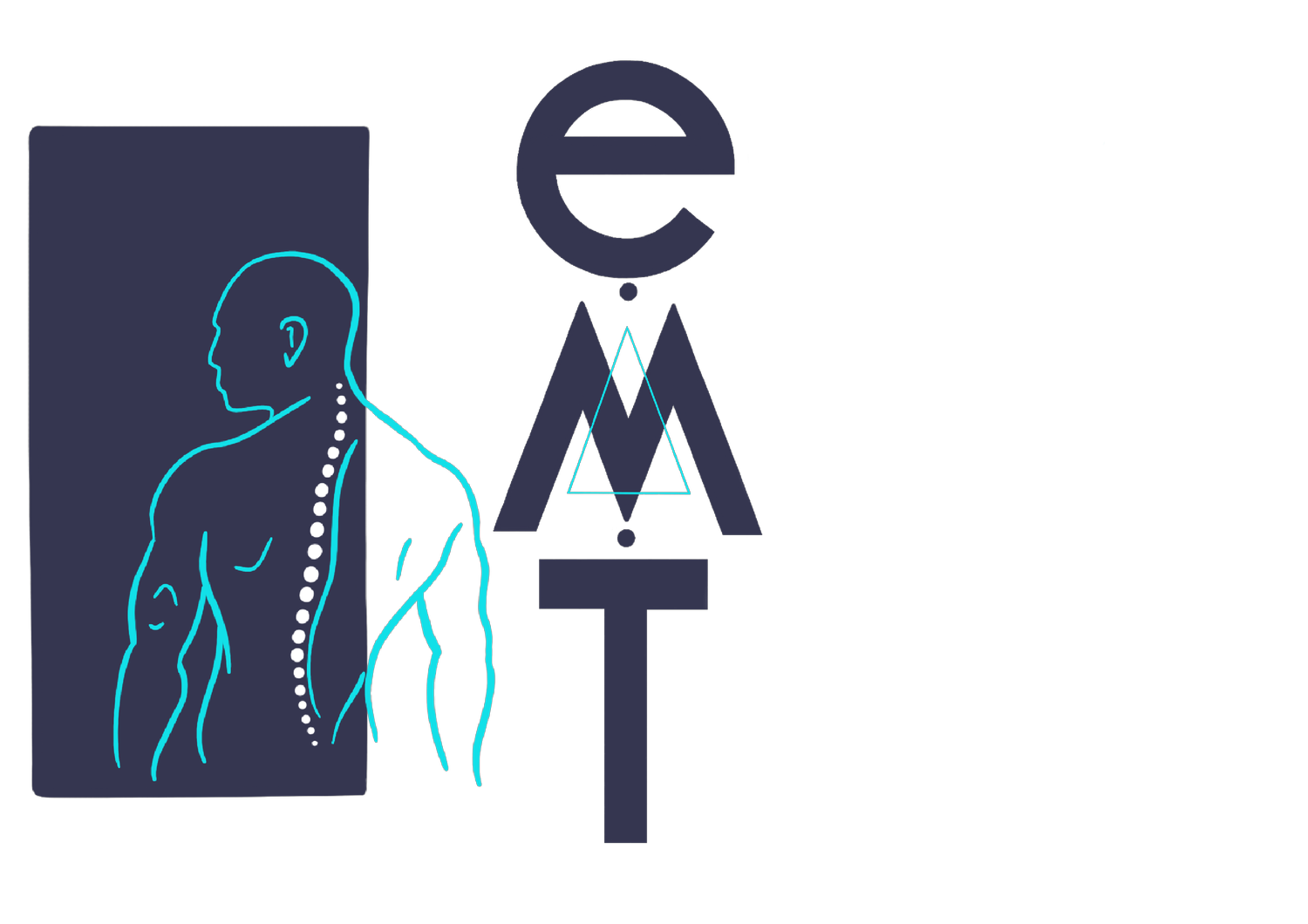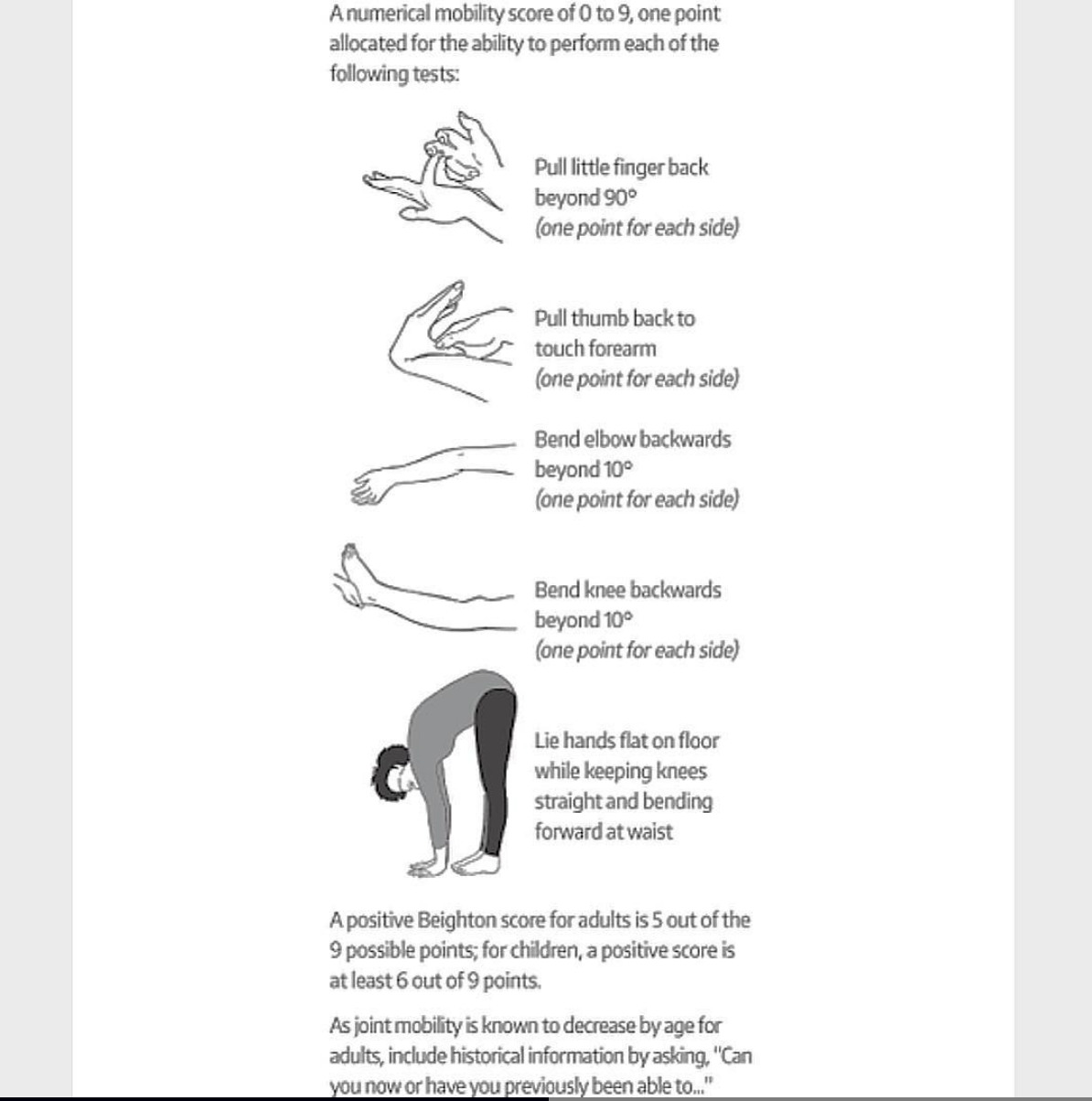Fun Stuff and Information!
A human’s little finger contributes over 50% of the hand’s strength.
There are so many nerve cells in a human brain that it would take almost 3,000 years to count them.
Some people can hear their eyeballs moving around in their head.
The largest bone in the human body is the femur. It can support 30 times the weight of a person's body. Ounce for ounce, that's stronger than steel.
If a human being’s DNA were uncoiled, it would stretch 10 billion miles, from Earth to Pluto and back.
Messages from the human brain travel along nerves at up to 200 miles an hour (322 km/h)
How do you score on the Beighton Scale?
⭐️Did you know that your mobility scale changes the way your practitioner should be treating you? 😵😮
⭐️People with Hypermobile joints can suffer from chronic pain and need to be treated with care when moving through certain ranges of motion due to the laxity of their joints and the risk of damage. Hypermobile bodies have to work twice as hard to protect their joints from damage and can often lead to chronic muscle tightness and the feeling of restriction.
⭐️Exercise programs may need to be modified and certain stretching practices revised or even completely removed in some cases.
⭐️Even clinical testing needs to be taken into consideration due to the additional ability to move further through range.
⭐️Hypermobility is something we are super passionate about here at Elite Movement Therapy and we would love to help you keep up your training goals in a way that’s suites you and your body best.
🌟It’s not all bad news though ladies and gentleman some degree of mobility is fantastic and even if you score at a high 9, strength and rehabilitation exercises can really benefit you as well as regular treatment for that chronic muscle tightness. 🙌👏👌


